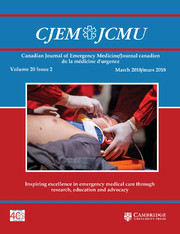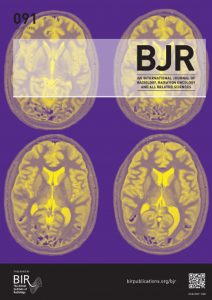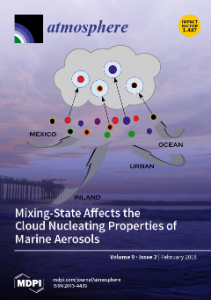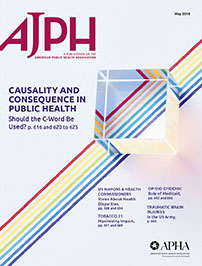 Last April, the American Journal of Epidemiology and the American Journal of Public Health published a rare joint editorial statement. It concerned a pair of papers on the topic of mortality and obesity. Several complaints had prompted the journals to investigate. Their assessment: These papers contained inaccurate results.
Last April, the American Journal of Epidemiology and the American Journal of Public Health published a rare joint editorial statement. It concerned a pair of papers on the topic of mortality and obesity. Several complaints had prompted the journals to investigate. Their assessment: These papers contained inaccurate results.
The statement was not a retraction—it was a compromise the editors came up with that would set the academic record straight, while not tainting the authors’ publication record, given that they had (in the editors’ opinion) made honest mistakes. It was an unusual solution to a not-uncommon problem (criticisms of a paper), in which the editors tried to balance their duty to the scientific record against its potential impact on the authors. And it left few people happy — including researchers in the field, who are left unsure about the validity of the results.
Roland Sturm, an economist at Pardee RAND Graduate School who was not a co-author on the papers, told Retraction Watch:
Continue reading Don’t like a paper, but don’t want to retract it? Just issue an “editorial statement”
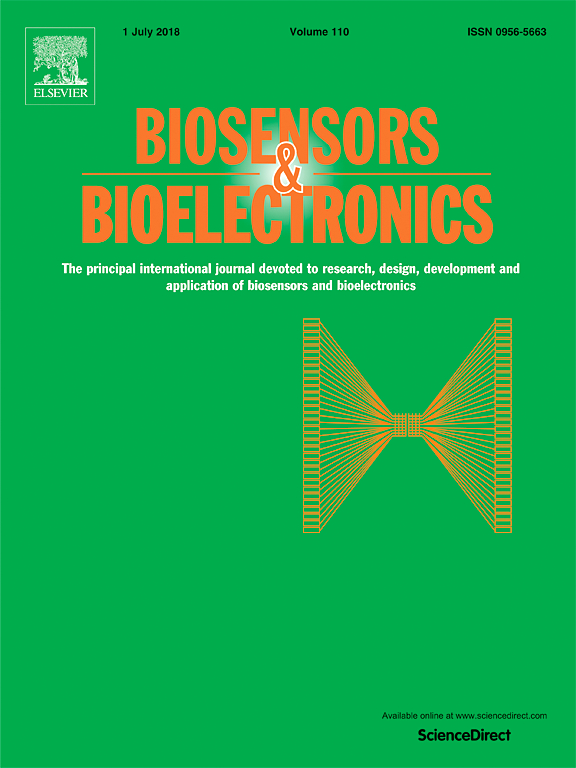

 Last April, the
Last April, the 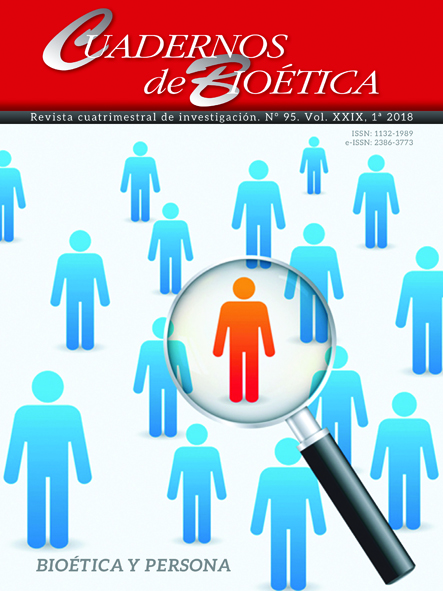 Here’s something we don’t see that often — authors retracting one of their articles because it included new data.
Here’s something we don’t see that often — authors retracting one of their articles because it included new data.